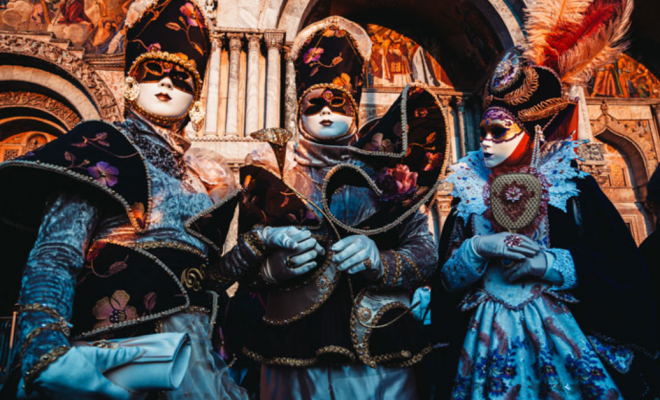
Culture
10 Festivals from Across the World to Celebrate Diversity and Similarities
Holidays let us celebrate different aspects of our personality. National holidays unite us to honor our country’s important dates, while cultural holidays help us appreciate diverse traditions. Winter holidays add color to the gloomy weather and bring families together. By exploring holiday celebrations worldwide, we learn about different cultures, histories, and values and realize our similarities. This article highlights fascinating holiday traditions and welcomes readers to share their experiences and favorite cultural holidays.
1. Carnival Of Venice (Italy)
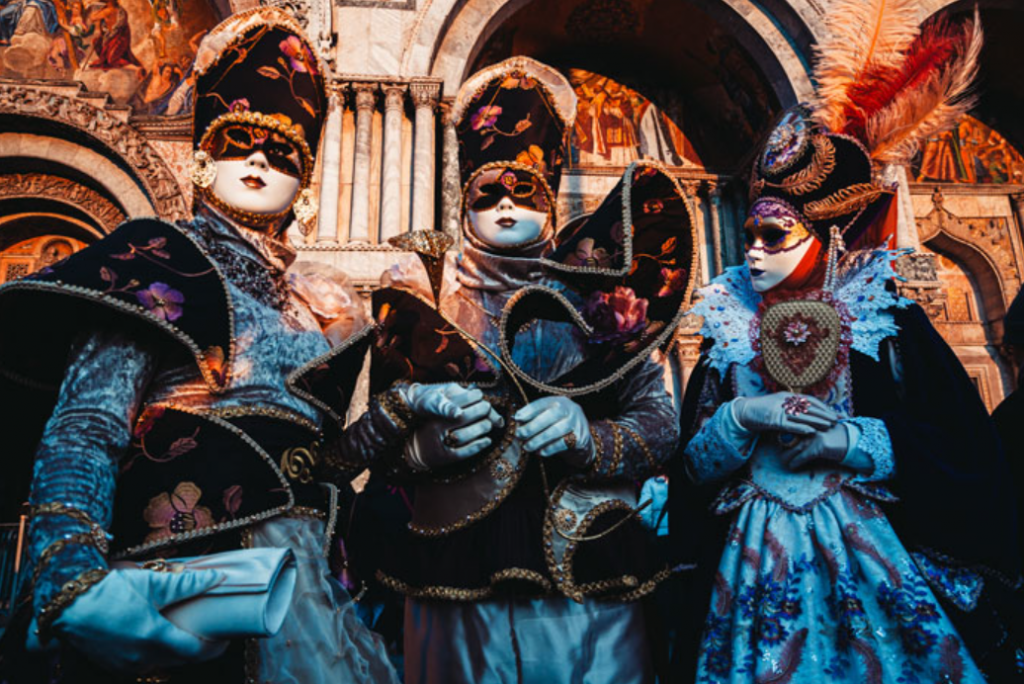
According to legend, the Carnival of Venice originated in 1162 to commemorate the triumph of the Republic of Venice over the Patriarch of Aquileia. The festivities began with dancing in St. Mark’s Square and continued until Shrove Tuesday, marking the end of the carnival season. Renowned globally for its elaborate masks and costumes, the Carnival of Venice was outlawed in 1797 but resurfaced in the 19th century, albeit sporadically. In 1979, the authorities officially reinstated the carnival celebrations to safeguard Venice’s culture and traditions.
2. Sun Party (Peru)
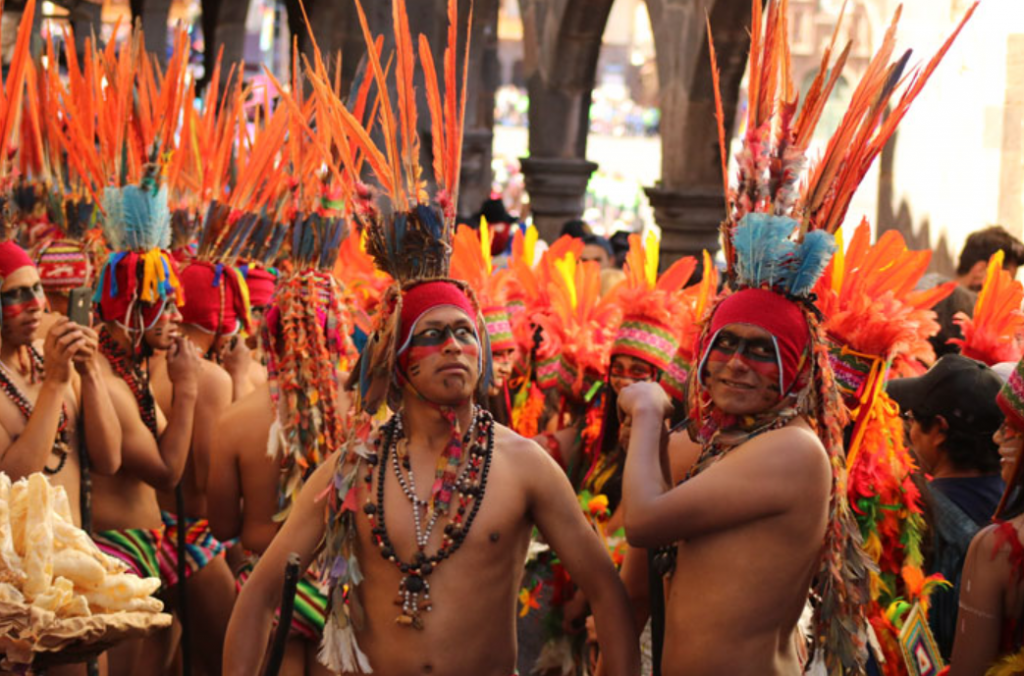
Inti Raymi, also known as the Festival of Inti, has its roots in the Inca Empire, where it honored the god Inti, meaning “sun” in Quechua, and commemorated the winter solstice in the Southern Hemisphere. Cusco celebrates it on June 24. Although it was initially a religious event featuring vibrant dances and parades, today, it is performed through theatrical presentations. Indigenous communities still observe this holiday today.
3. Diwali Light Festival (India)
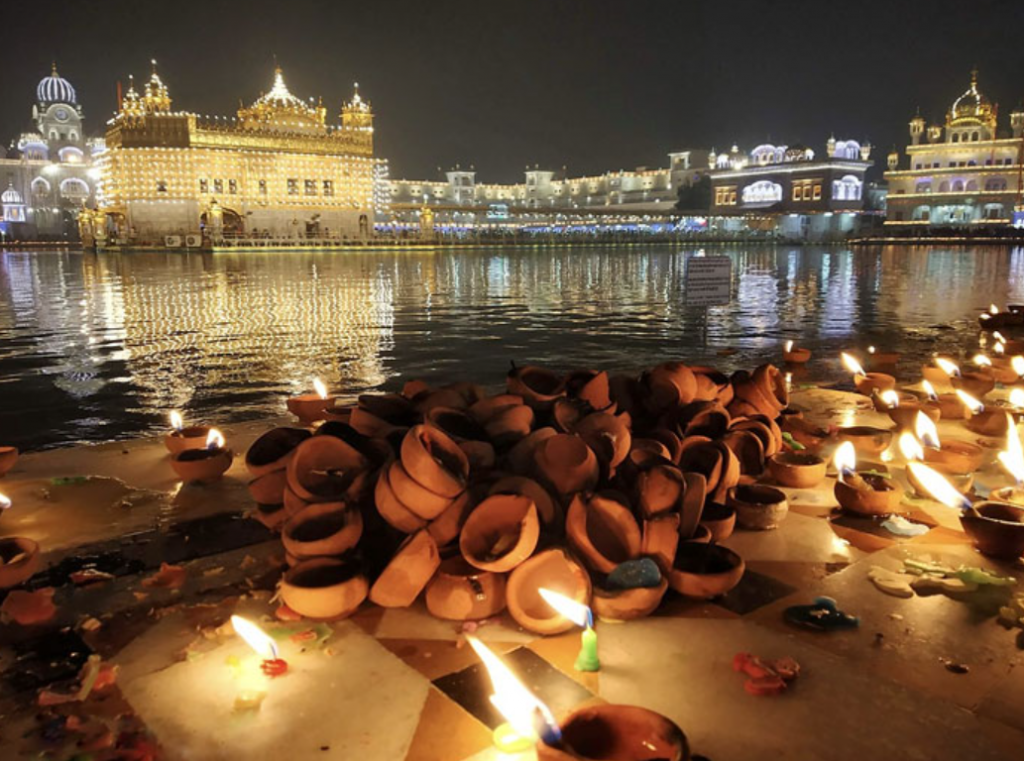
Diwali, also known as the festival of lights, is a major religious celebration in Hinduism observed by various Indian communities from mid-October to mid-November. The festival signifies the triumph of light over darkness and evil and is linked to the goddess of wealth, Lakshmi, and the god of wisdom, Ganesha. Illuminating the house with clay oil lamps, colorful ornaments, and lights is a vital aspect of the festival, along with feasts and fireworks enjoyed with loved ones.
4. Oktoberfest (Germany)
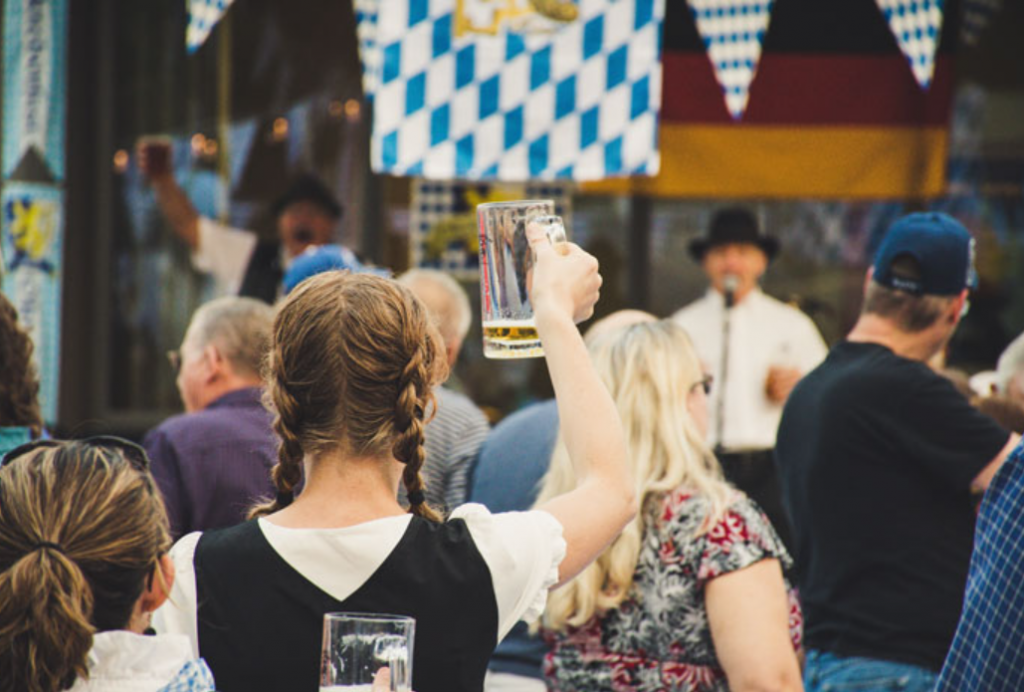
Oktoberfest, the biggest Volkfest in Germany, is held in Munich, the capital of Bavaria, for over two weeks, from mid-September to the first week of October. The festival centers around local beer, but visitors can also enjoy traditional food, parades, amusement rides, and games. Thousands of tourists flock to Munich each year to take part in the festivities.
5. Singles’ Day (China)

The holiday originated at Nanjing University in China and has since become a nationwide tradition. Singles’ Day is celebrated on November 11, also known as 11/11, as a way for single people to celebrate their status. In addition to celebrations, retailers throughout the country offer big sales to encourage single people to treat themselves to something special.
6. Mardi Gras (Various Countries)

Mardi Gras, also known as Pancake Day, is celebrated as the last opportunity for Christians to indulge in fatty foods and enjoy lively festivities before the 40-day fast leading up to Easter. Colorful parades are a common way to celebrate, with New Orleans, Venice, and Rio among the most famous locations. This holiday typically takes place between mid-February and early March.
7. Songkran (Thailand)
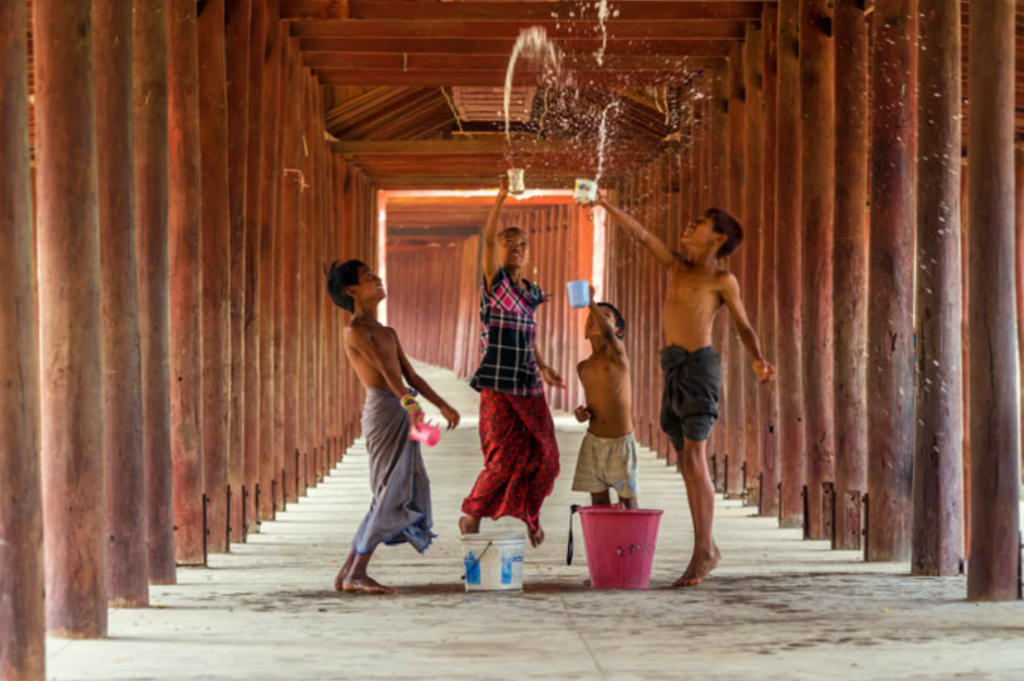
Songkran, commonly known as the Thai New Year, is celebrated for three days starting on April 13. The word Songkran is derived from a Sanskrit term meaning “astrological passage” and marks the start of a new cycle. Though customs to celebrate Songkran vary among different regions of Thailand, the most popular tradition is the water games, where strangers and friends splash each other with water as a symbol of cleansing for the New Year.
8. Kwanzaa (United States)
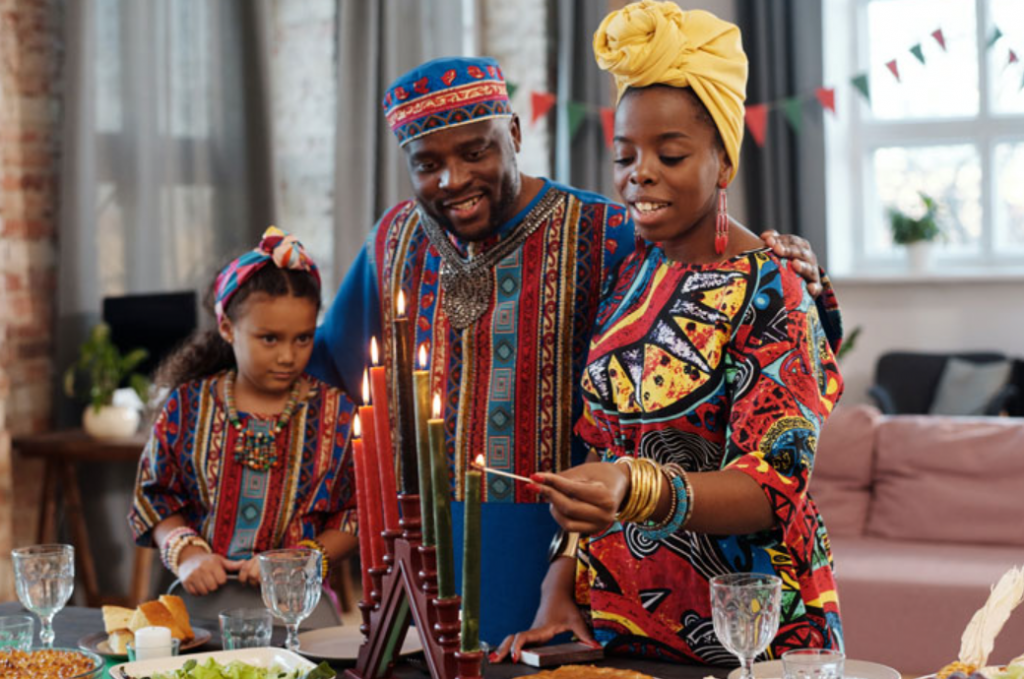
Maulana Karenga, an American activist of African American descent, established Kwanzaa in 1966 as a way for the black community to celebrate their culture and traditions. First fruits festivals influenced him in Southern Africa, and the name Kwanzaa is derived from a Swahili phrase meaning “first fruits.” The holiday is observed from December 26 to January 1, often involving children, and culminates in a shared feast.
9. Early May Bank Holiday (England)

The Early May Bank Holiday is a public holiday in Great Britain and the Republic of Ireland, observed on the first Monday of May. In the past, it was marked with festivities such as dancing around a maypole adorned with vibrant ribbons.
10. Day Of The Dead (Mexico)
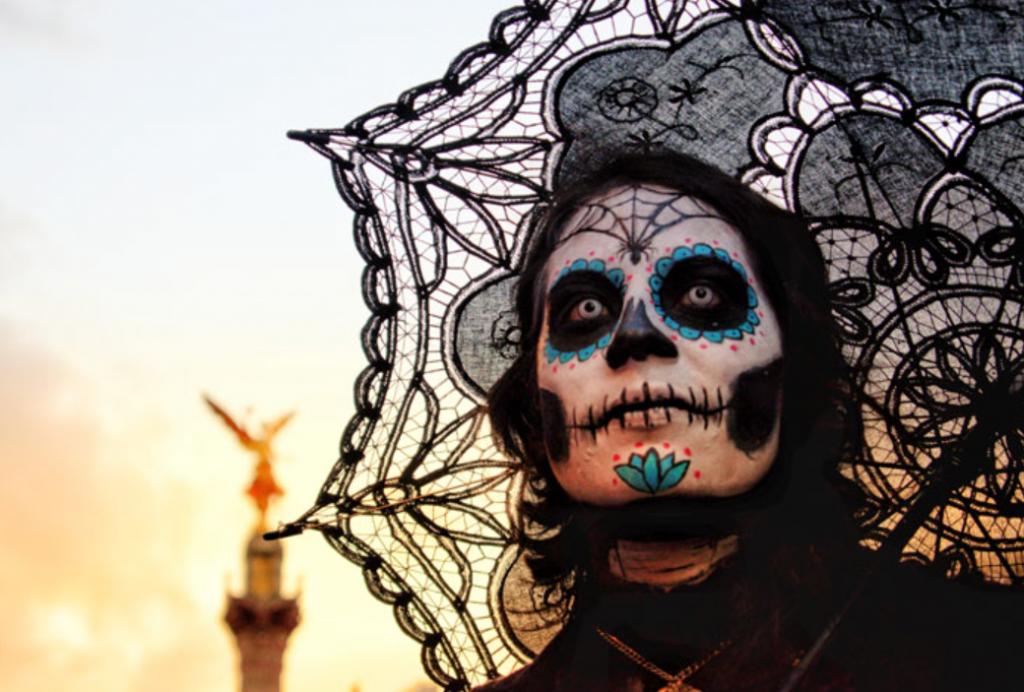
Preparations for the Day of the Dead, an important holiday in Mexican culture, begin as early as October 31, although the actual celebration takes place on November 1st and 2nd. Despite its solemn name, the festivities are colorful and joyful, as people not only pay respect to their deceased loved ones but also celebrate life and exchange sweets as gifts.

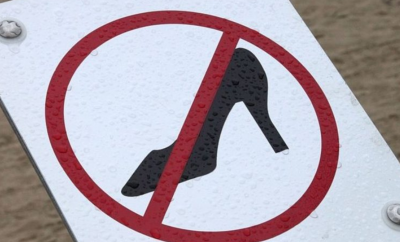



0 comments